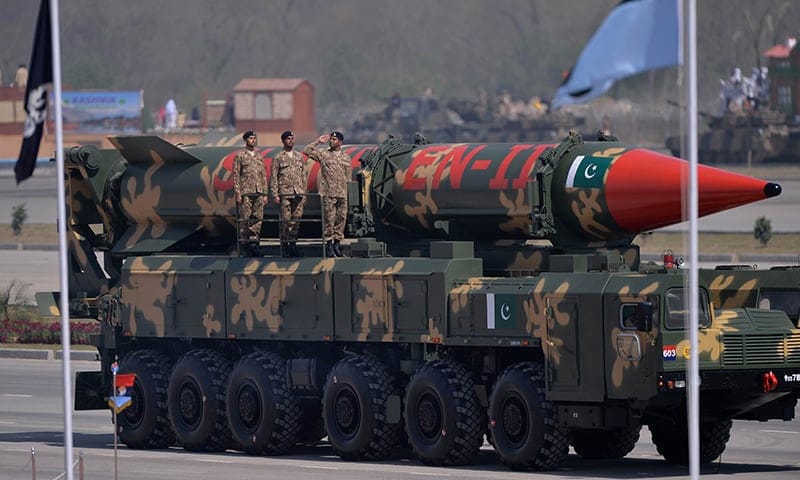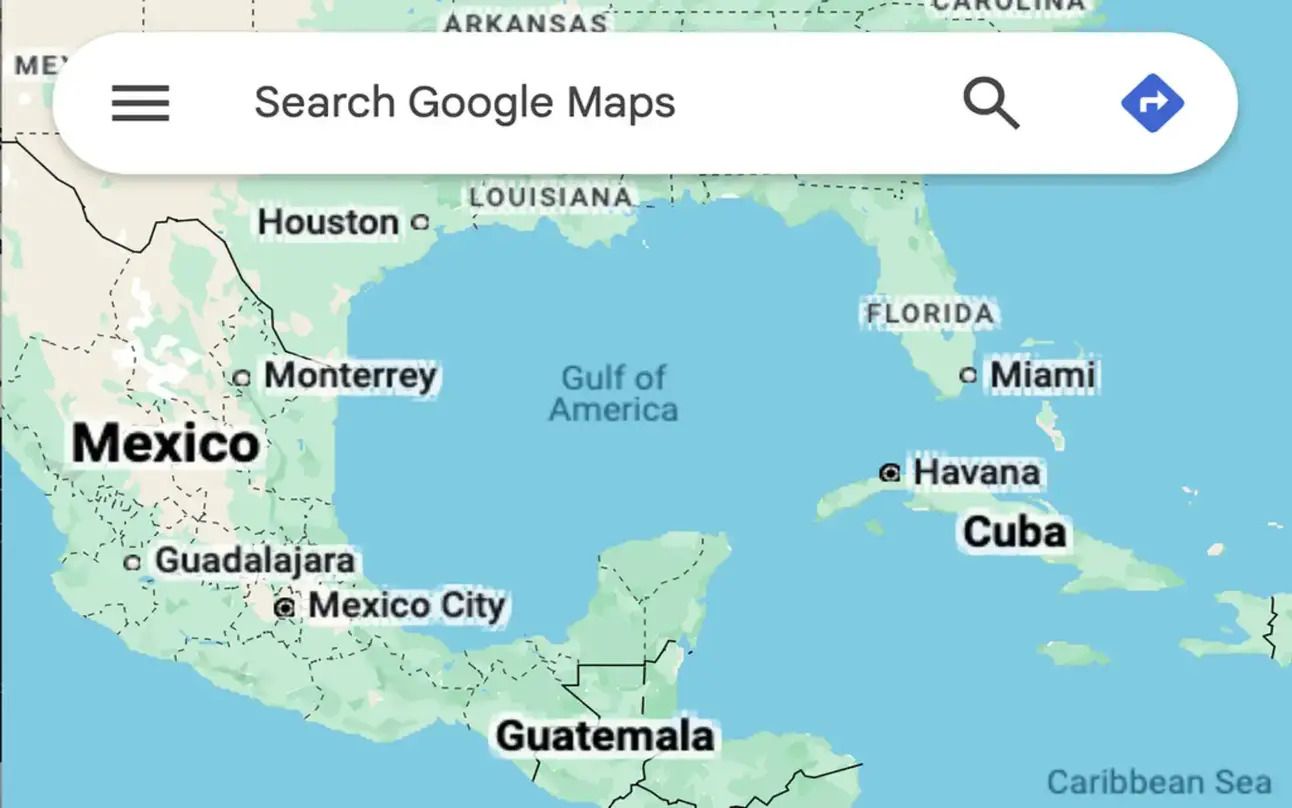- Stratagem
- Posts
- 🌎Beyond Borders Brief Weekly Edition #1🌎
🌎Beyond Borders Brief Weekly Edition #1🌎
The Trump Administration halts funding to perennial allies and pertinent programs while the Baltic states plug in to the EU power grid.

🚨What We’re Watching🎥
📍Trump Administration Freezes PEPFAR Funding Threatening Global Health Stability
📚Facts: On January 20, the Trump administration issued a 90-day freeze on foreign aid to non-governmental organizations (NGOs), foreign countries, contractors, and international organizations. This executive directive freezes funding for the U.S. President's Emergency Plan for AIDS Relief (PEPFAR). PEPFAR is credited with saving over 25 million lives since being founded by President George W. Bush in 2003. PEPFAR provides 70% of funds to the global response addressing HIV/AIDS and supplies medicine to 20 million people. The freeze immediately shut down PEPFAR-funded clinics worldwide, especially vital ones in sub-Saharan Africa. On February 1, the State Department issued a waiver for the continuation of limited HIV testing and treatment. However, not all NGOs and programs saw their funding restored. On Thursday, a federal judge ordered the Trump administration to reverse the total freeze on foreign aid.
💭Analysis: PEPFAR's shutdown and unclear future threatens global health stability by risking epidemics in vulnerable regions like sub-Saharan Africa and Southeast Asia, while also further weakening U.S. leadership in international health diplomacy. The Joint United Nations Program on HIV/AIDS (UNAIDS) warns that without PEPFAR, AIDS deaths could rise 400% by 2029 costing 6.3 million lives. This is because PEPFAR is uniquely focused on the prevention of HIV outbreaks while other nation’s programs are designed to treat HIV patients who have already contracted the virus. Pausing PEPFAR enables the spread of HIV which may result in treatment-resistant virus strains and even a new AIDS epidemic. PEPFAR programming is deeply embedded in partner countries' health systems and its shutdown may have consequences beyond increasing the spread of HIV.
📍Baltic Nations Complete Switch from Russian to EU Power Grid for Energy Security and Efficiency
📚Facts: On Sunday February 9, Lithuania, Latvia, and Estonia plugged into the EU power grid after disconnecting from the Russian system. Previously, Russia controlled the Baltics’ energy grid and could cut off electricity to those states. The plan to construct and connect EU-Baltic electricity infrastructure for European security started in 2006 and accelerated following 2016 Russian cyber attacks on Ukrainian energy and 2022 invasion of Ukraine. The EU mostly funded the project, which cost 1.6 billion Euros, and completed the electricity grid switch ten months ahead of schedule.
💭Analysis: Shared electricity grids across multiple countries improve reliability, allowing system operators to maintain steady electricity flow and handle supply and demand mismatches. It also leads to overall efficiency and lower costs for member countries and their citizens. European leaders celebrated the switch, which had left the Baltics vulnerable to Russian energy weaponization. This wasn’t an unfounded fear either: suspected sabotage by Russian ships of eleven underwater cables and pipelines to the Baltics in the past eighteen months resulted in NATO launching a “Baltic Sentry” to protect critical infrastructure. As Polish President Andrzej Duda said, “[The switch] is the final step towards emancipation from the post-Soviet sphere of dependence.”
📍U.S. Reduces Funding to Kurdish-Led Prison Camps Holding ISIS Militants
📚Facts: The Trump Administration reduced aid to under-resourced Syrian Democratic Forces (SDF) run ISIS prison camps in Northeast Syria that hold roughly 9,500 ISIS militants as well as 40,000 women and children. The order froze foreign aid while pushing for widespread repatriation of foreign fighters, whose nationalities span 60 different countries. The Syrian Democratic Forces is primarily composed of ethnic Kurds. The Kurdish people are spread across Syria, Turkey, Iran, and Iraq with some autonomy in Syria and Iraq but no nation of their own. Relations between the Syrian Democratic Forces and the U.S. grew after the SDF’s founding in 2015, progressing to military training, American Special Forces embedding with the SDF, and U.S. assistance to the SDF through airstrikes. Despite the SDF’s role in fighting against the former Assad Regime in the Syrian Civil War, the U.S. limited its support of the SDF to the fight against ISIS.
💭Analysis: Reducing the foreign aid that sustains SDF-run ISIS prison camps undermines the Kurd’s ability to successfully operate the camps and threatens regional security. The Trump administration’s push for a formal repatriation program has the long term goal of establishing stability and addressing concerns posed by ISIS. Trump seeks to apply pressure on the fighters' host nations and reduce the U.S. financial burden. The U.S. signal that financial assistance “cannot last forever” seeks to force an alternative route to regional stability. As Syria begins re-constructing its new government, the SDF is left in sole control of poorly funded camps known for fostering ISIS influence. If the camps were to dissolve or ISIS fighters were able to escape, radicalized ISIS fighters would once again roam free. Freeing thousands or even hundreds of these radicalized fighters would threaten Syrian, regional, and international security while strengthening ISIS.
📍New U.S. Sanctions on Pakistan Missile Program Leaves Room for Chinese Influence in South Asia
📚Facts: On December 18, 2024, the U.S. Department of State imposed a new set of sanctions on four Pakistan-based companies involved in the Pakistani long range missile program. The sanctions targeted Pakistan’s “proliferators of weapons of mass destruction and their means of delivery.” The Pakistan Ministry of Foreign Affairs opposed the sanctions, stating its nuclear arsenal provides self-defense and “peace and stability in South Asia.” Pakistan completed its nuclear triad in March 2018 after the second test of the Babur-3 nuclear-capable, sea-launched cruise missile. The nuclear triad is a three-pronged strategy of land, air, and sea nuclear capable missile delivery systems. Most nuclear capable states have nuclear triads with varying degrees of success developed to ensure a second strike capability in response to an adversarial nuclear strike. Pakistan reportedly has 170 nuclear weapons. It possesses the 6th largest nuclear arsenal in the world.
💭Analysis: Trump’s previous distrust and statements of Pakistan’s terrorism issues during his first term tenure as well as Pakistan-Chinese missile collaboration point to a negative shift in U.S. and Pakistan relations. Although Pakistan is recognized as a U.S. “Major Non-Nato Ally” its relationship with China is strengthening. Pakistan and China have a “deepening strategic mutual trust and partnership.” The December 2024 sanctions followed September 2024 sanctions on Chinese and Pakistani companies cooperating on the development and production of Pakistani long-range ballistic missiles. China is capitalizing on opportunities to strengthen ties with Pakistan and gain influence in South Asia.
📍Chinese Investment in Argentina Boosts Lithium Production at the Expense of U.S. Interests
📚Facts: Chinese mining company, Ganfeng Lithium, began production on a new lithium project in northern Argentina this week. Ganfeng Lithium invested $790 million into the Mariana Project, one of several new lithium projects in the country. Argentinian President Javier Milei has incentivized foreign investments into Argentina, making it the most investor-friendly country in South America’s “lithium triangle.” Previously, Milei took a harsh ideological stance against China, vowing he would “never do business” with communists and ceasing agreements with China. Milei recently shifted his stance, calling China a “very interesting business partner.”
💭Analysis: Stronger diplomatic and business ties with China may bring the Argentine economy the foreign investments required to escape recession. Simultaneously, China is leveraging its investments in infrastructure and natural resources to expand its influence in Latin America. China’s rising influence, specifically their growing relationship with Argentina, poses a threat to American economic and political dominance in the Western Hemisphere. The U.S. has voiced concern about the threat, with Secretary of State Rubio noting China’s regional advantage through investment, mining, and military presence. The U.S. has taken steps to counter Beijing’s influence, such as an increase of investments in clean technology supply chains and the diversification of lithium supplies. Chinese control over critical minerals like lithium undermines U.S. national security, as these minerals are critical for advanced military technology, clean energy infrastructure, and high-tech manufacturing.
👀Looking Ahead👀
📍President Trump’s official recognition of the “Gulf of America” demonstrates the power of language.
📚Facts: On his first day in office President Trump signed an executive order renaming historical sites and memorials in celebration of the American identity and legacy. 30 days later, he nationally announced the body of water encompassed by Mexico and the United States’ southern coast be named the Gulf of America. The previous name, the Gulf of Mexico, originated in the latter half of the 16th century when the Spanish Empire controlled the territory. President Trump defended his decision by outlining the gulf’s contributions to Americans, as it supports the US economy, fisheries, tourism, and recreational activities. The renaming is not unilateral; online map services, such as Google and Apple Maps, label the gulf using both names for users outside of the US.
💭Analysis: President Trump’s order raises questions about who has the power to establish a legitimate, universal name. If someone labels the water as the Gulf of Mexico, they honor the indigenous city and its contact with Spanish explorers. By adopting the new American name, individuals recognize the United State’s legitimacy in governing and patrolling the gulf. The White House will attempt to silence voices and belittle American advocacy contradicting the federal law renaming the gulf. The order’s implementation demonstrates how public and private institutions cooperate and influence one another, allowing map services, like Google, to gain the autonomy to empower specific leaders or nations.
💡The TSI Insider💡
The Stratagem Initiative has compiled a repository containing resources with diverse perspectives on international affairs. This week we hope to highlight two sources for interested readers:
🚀The Institute for the Study of War: The newsletter publishes developments in international militaries and conflicts. The ISW updates readers on Russia and the Middle East, and a weekly post focuses on Taiwan and China relations. This past week, the institute published a feature detailing China’s recent shipment of chemical precursors for missile fuel systems to Iran.
🎙️The Continent: This African newspaper engages viewers with their photographs and illustrations. Interested readers access the weekly magazine through the distribution of short articles on WhatsApp. This strategy allows journalists to write regardless of the free speech restrictions across the continent.
❣️💌One For The Road🍷🍝
Happy Valentine's Day! TSI members voted that Italian food was the best cuisine to show appreciation and care for family and friends! Some of our favorite DC Italian restaurants include il Canale and Filomena Ristorante in Georgetown.
Not a subscriber? Click here to subscribe!
See You On Thursday For 🌊The Deep Dive!🌊
This week’s newsletter brought to you by the Beyond Borders Brief staff. Connect with us on social media to pose questions, comments, or feedback. Click here to learn more about TSI.



Reply